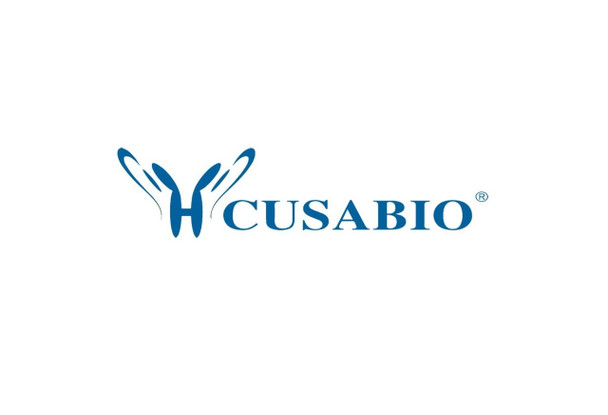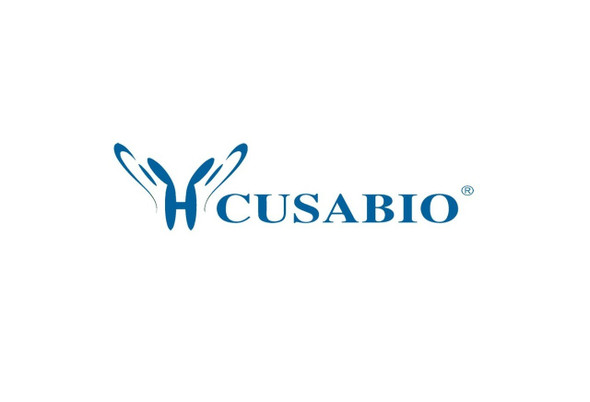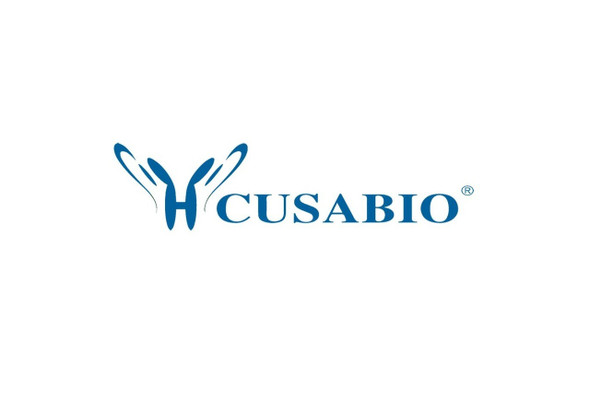Cusabio Polyclonal Antibodies
HVCN1 Antibody | CSB-PA846602ESR1HU
- SKU:
- CSB-PA846602ESR1HU
- Availability:
- 3 to 7 Working Days
Description
HVCN1 Antibody | CSB-PA846602ESR1HU | Cusabio
HVCN1 Antibody is Available at Gentaur Genprice with the fastest delivery.
Online Order Payment is possible or send quotation to info@gentaur.com.
Product Type: Polyclonal Antibody
Target Names: HVCN1
Aliases: Voltage-gated hydrogen channel 1 (Hydrogen voltage-gated channel 1) (HV1) (Voltage sensor domain-only protein), HVCN1, VSOP
Background: Mediates the voltage-dependent proton permeability of excitable membranes. Forms a proton-selective channel through which protons may pass in accordance with their electrochemical gradient. Proton efflux, accompanied by membrane depolarization, facilitates acute production of reactive oxygen species in phagocytosis.
Isotype: IgG
Conjugate: Non-conjugated
Clonality: Polyclonal
Uniport ID: Q96D96
Host Species: Rabbit
Species Reactivity: Human
Immunogen: Recombinant Human Voltage-gated hydrogen channel 1 protein (1-100AA)
Immunogen Species: Human
Applications: ELISA, WB, IHC
Tested Applications: ELISA, WB, IHC; Recommended dilution: WB:1:1000-1:5000, IHC:1:20-1:200
Purification Method: Antigen Affinity Purified
Dilution Ratio1: ELISA:1:2000-1:10000
Dilution Ratio2: WB:1:1000-1:5000
Dilution Ratio3: IHC:1:20-1:200
Dilution Ratio4:
Dilution Ratio5:
Dilution Ratio6:
Buffer: PBS with 0.02% sodium azide, 50% glycerol, pH7.3.
Form: Liquid
Storage: Upon receipt, store at -20°C or -80°C. Avoid repeated freeze.
Initial Research Areas: Immunology
Research Areas: Cancer;Immunology;Metabolism;Signal transduction














